Understanding Somatropin: A Comprehensive Guide to Synthetic Human Growth Hormone Therapy
Introduction to Somatropin
In the realm of medical advancements, Somatropin stands out as a pivotal synthetic form of human growth hormone (hGH). This medication plays a crucial role in treating various conditions associated with growth failure and growth hormone deficiency. By mimicking the natural growth hormones produced by the body, Somatropin facilitates normal growth and development in individuals facing growth challenges.
The Mechanism of Somatropin
Somatropin operates by substituting the natural growth hormones that are deficient or absent in certain individuals. Its primary function is to stimulate growth, cell reproduction, and cell regeneration, which are essential for human development. This synthetic hormone mirrors the actions of natural growth hormone, thus ensuring the continuation of growth and development processes.
Uses and Applications of Somatropin
The scope of Somatropin’s application is broad, encompassing various syndromes and conditions. It is primarily used in:
- Treating Growth Failure in Children and Adults: Somatropin is a lifeline for those who lack natural growth hormone, aiding in achieving normal stature.
- Management of Specific Syndromes: Conditions such as Turner syndrome, Noonan syndrome, Prader-Willi syndrome, and short bowel syndrome, which contribute to short stature, are managed effectively with Somatropin.
- AIDS-Related Weight Loss Prevention: Somatropin plays a vital role in preventing severe weight loss associated with AIDS, thus improving the quality of life for patients.
Administration and Brands of Somatropin
Somatropin’s effectiveness is intrinsically linked to its method of administration. It is typically administered through injections, ensuring direct entry into the bloodstream for optimal effectiveness. Various brands of Somatropin are available, each with its specific formulation and concentration. Popular brands include Genotropin®, Norditropin®, and Humatrope®, among others.
Discussing Risks and Benefits with Healthcare Providers
As with any medication, the use of Somatropin comes with its set of risks and benefits. It is crucial for patients and caregivers to engage in thorough discussions with healthcare providers to understand the implications of Somatropin therapy. Potential interactions with other medications and the risk factors, such as the increased risk of tumor or cancer development, should be thoroughly evaluated.
Adhering to Prescribed Dosage and Reporting Adverse Events
Patients must strictly adhere to the prescribed dosage and administration instructions. Any serious adverse events or side effects should be promptly reported to healthcare providers or the FDA to ensure timely management and adjustment of therapy.
Cost Considerations and Access to Somatropin
The cost of Somatropin therapy can vary, depending on the brand, dosage, and treatment duration. Patients should explore various options and seek guidance from healthcare providers to find the most cost-effective and suitable treatment plan.
Conclusion: The Role of Somatropin in Growth Hormone Therapy
Somatropin represents a significant advancement in treating growth hormone deficiencies and related conditions. Its ability to mimic natural growth hormone and promote normal development has transformed the lives of many individuals facing growth challenges. By working closely with healthcare providers, patients can harness the benefits of Somatropin while effectively managing potential risks.
Be the first to review “SOMATROPIN” Cancel reply
Related products
Anabolics
Anabolics
Anabolics
Anabolics
Anabolics
Anabolics
Anabolics
Anabolics
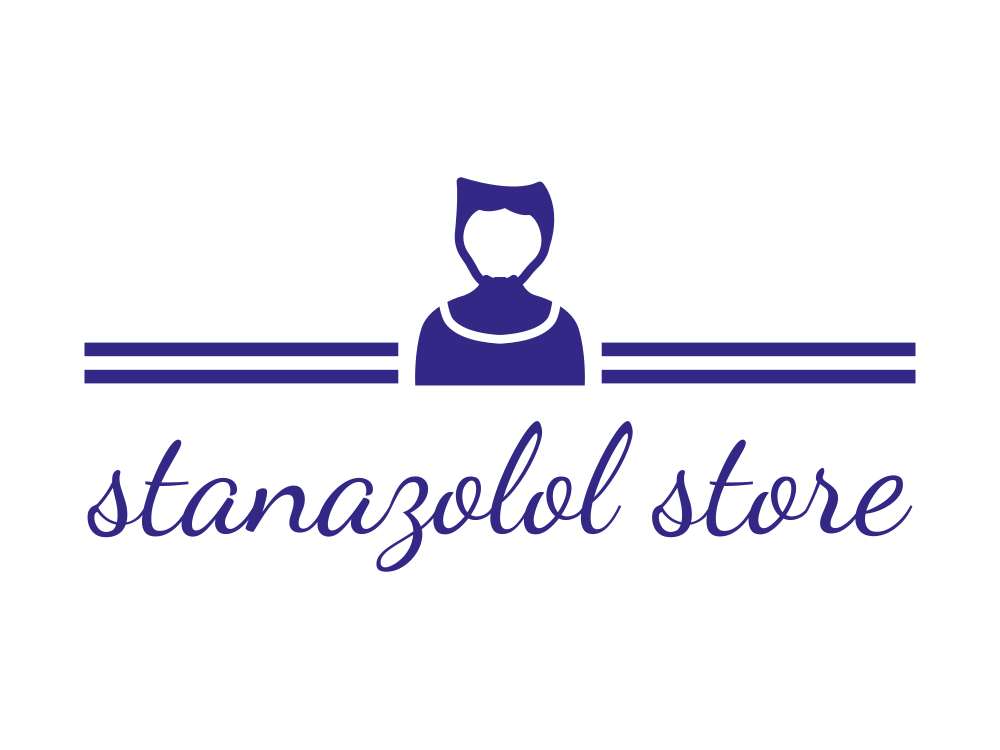
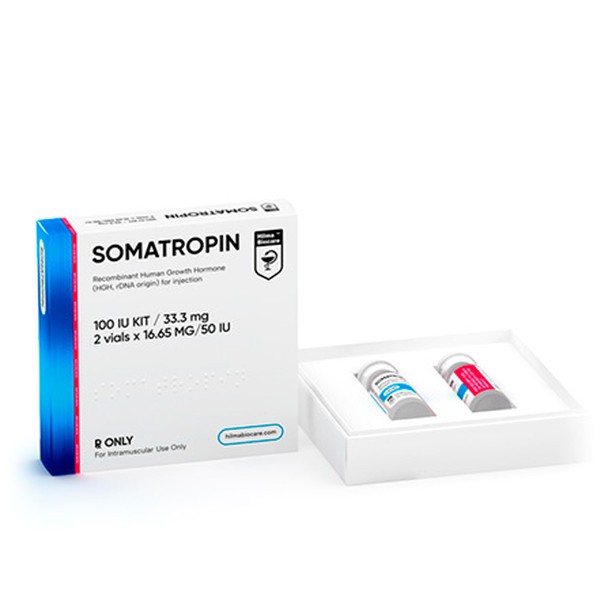
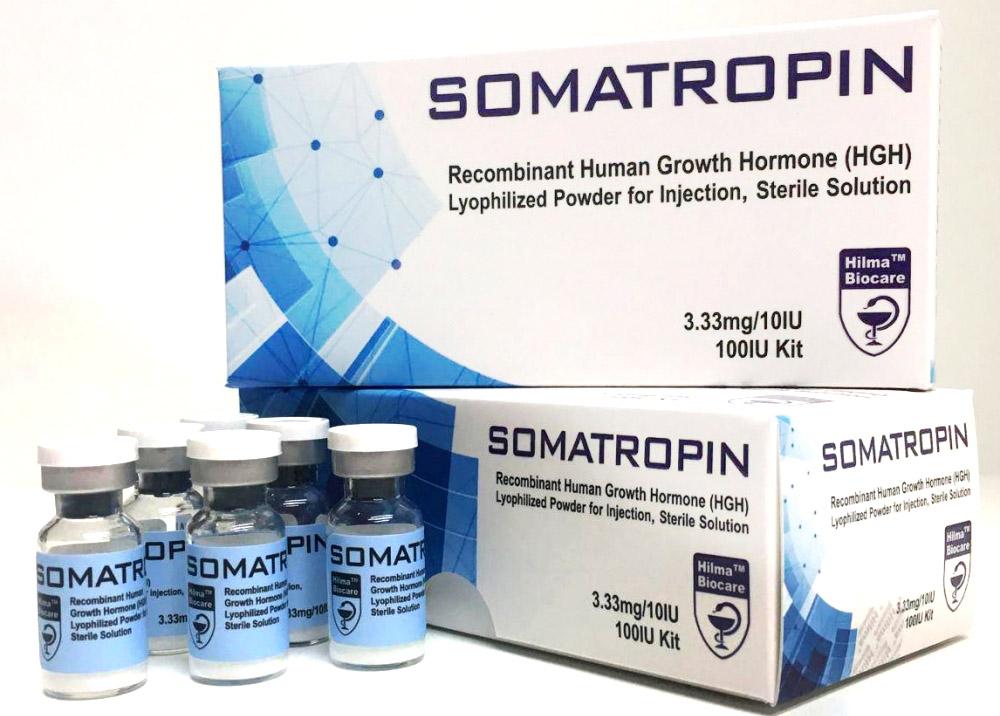
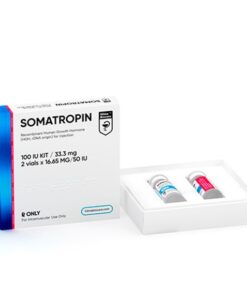
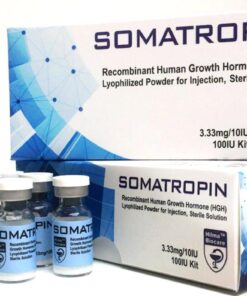
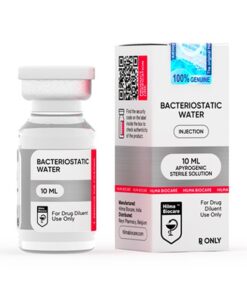
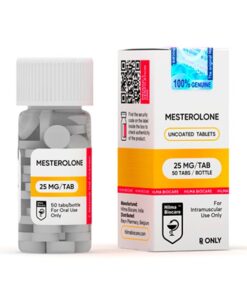
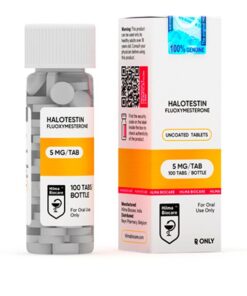


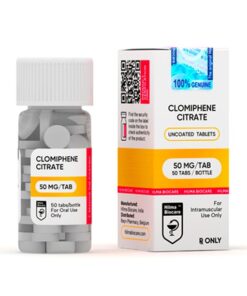
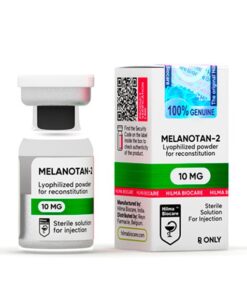
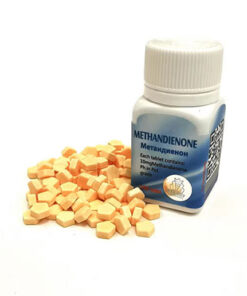

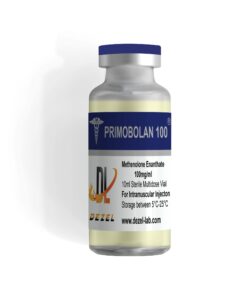
Reviews
There are no reviews yet.